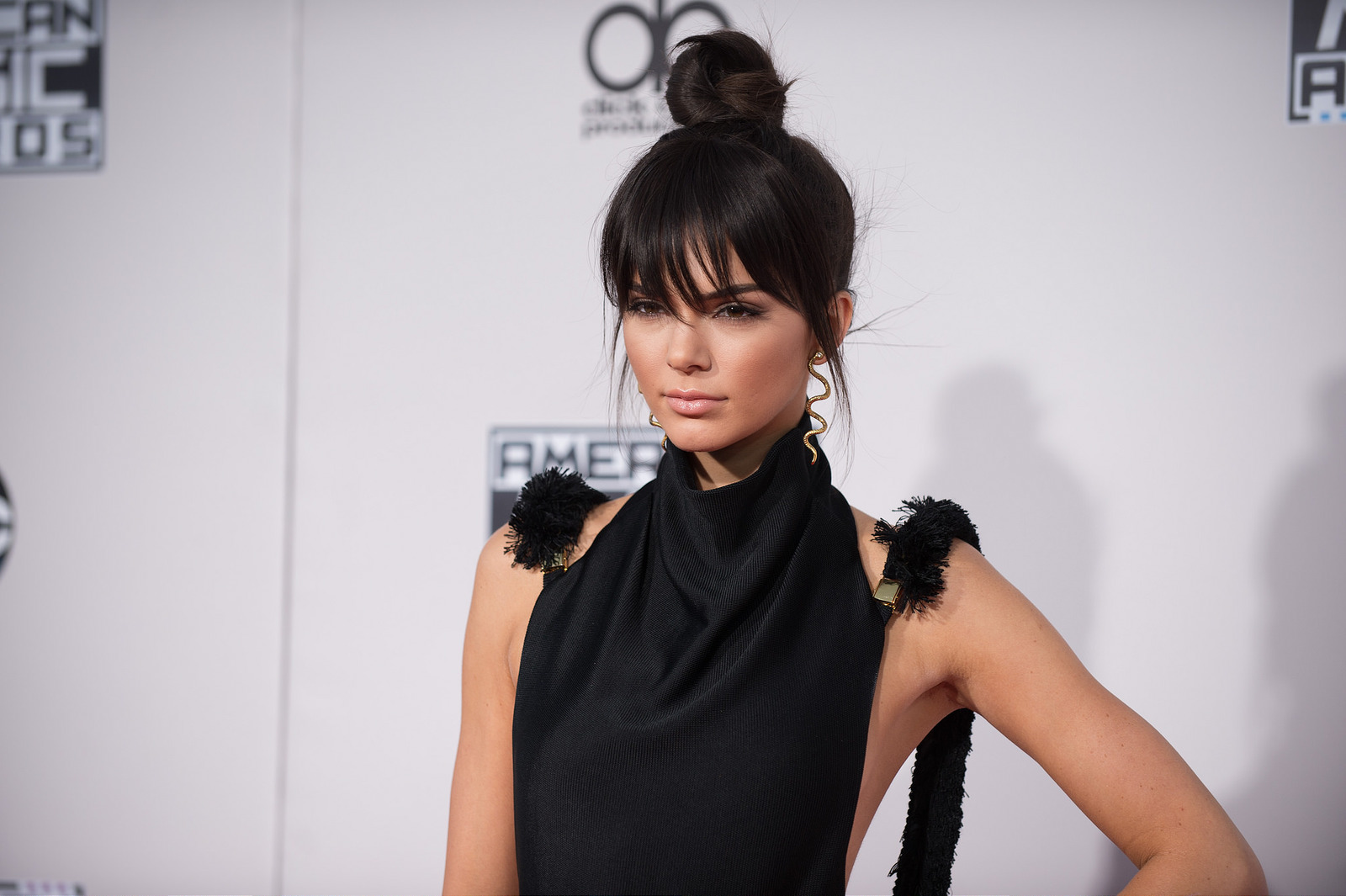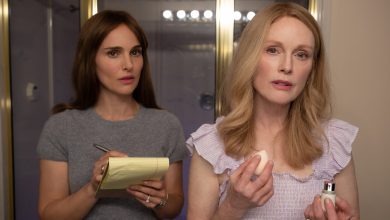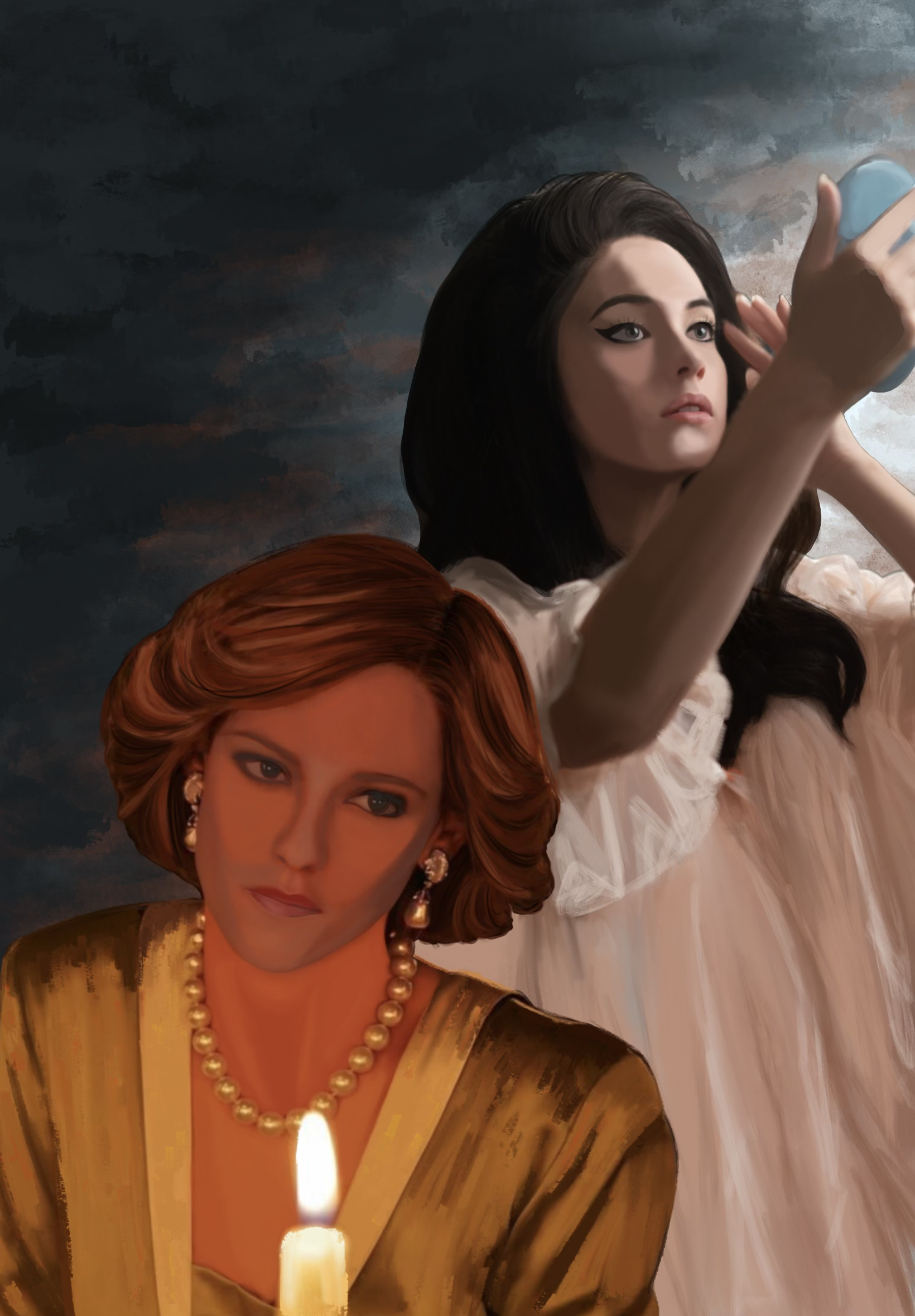Why I’m Obsessed with Celebface and Why I Probably Shouldn’t Be

Image courtesy of flickr.
When I first discovered the Instagram account @celebface, which shows pictures of celebrities before and after being doctored, I was shocked. Because while Photoshop is a pretty accepted concept, particularly for magazine covers and billboards (thank you, Dove Ad of 2006), it’s another thing altogether to see the supposedly candid pictures that fill our Instagram feed as having been virtually nipped, tucked, lifted and altered. It’s even more disconcerting when you see that these very same pictures have been captioned with messages of self love and ‘girl power,’ and have been liked by thousands, if not millions, of young girls and women.
Celebface lines up unedited celebrity/influencer photos sourced from paparazzi and friends, and compares them with the ones they have Instagrammed. It’s mysteriously private, although it accepts follow requests almost instantly, and has a following of over 900 thousand. The account not only presents the pictures side by side, but overlays them in GIF format, creating a hypnotic video that displays all the edits a person has made to a particular photo.
Some of the changes are so minute it seems bizarre that someone would even take the time to edit it, whilst others look like two completely different people. It’s a slip of the digital mask that celebrities present to the world, a highly unnerving call-out of their biggest insecurities. And they are there – even for the people we celebrate as having attained peak physical beauty. Bella Hadid’s breasts lift up and her torso slims down, Naomi Campbell trims her nose, Shay Mitchell scales down her neck, Dove Cameron’s eyes widen and chin shortens, Kendall Jenner’s skin smooths, a whole gaggle of Victoria’s Secret supermodels slim their already impossible waists. In one sickening picture, Kim Kardashian edits her child’s stomach smaller.
The account, whose bio reads “WELCOME TO REALITY,” is clearly designed to shine a light on the intense manipulation that goes on behind the scenes of a supposedly benign Instagram picture. It’s what you don’t notice when you scroll through the pictures of people laughing on a balcony, tanning at the beach or posing on the red carpet. It’s the hypocrisy of the celebrities that implore their fans to love themselves, and yet upload pictures of their bodies moulded into the damaging societal standards that they themselves decry. It’s for fans that think these people are perfect, to show that they have insecurities and imperfections, just like the rest of us.
It’s not just celebrities either. Although Photoshop still costs a few hundred dollars, apps like Facetune are free and make the technology more accessible than ever. With a few swipes, anyone can alter their bodies in this way, and many do so. In fact, there’s a whole occupation based almost purely upon this. Influencers have built mini-empires on the way they look, or rather, the way they want the world to see them.
Part of me feels enraged by this display. It makes me want to bang a drum and scream ‘look at this!’ How dare they take the language of feminism and do this with it? How dare people like Kendall Jenner and Gigi Hadid make their bodies even more unattainable to their young, female followings? Bebe Rexha was celebrated for lashing out at the fashion industry’s inability to accommodate her body, declared she’s ‘Size 8 and Proud,’ and yet she perpetuates these same oppressive beauty standards by editing her entire body to be thinner. Countless celebrities preach health and self-love, fooling people like my little sisters into thinking that the body type in their photographs is normal and natural (and so important that they must lie to the world). They are ‘double agents of the patriarchy,’ I (and Jameela Jamil) declare.
There is something very frustrating about celebrities co-opting languages of feminism and empowerment to push the fatphobic, damaging, beauty standards that lead girls to develop anorexia, depression, anxiety, bulimia, orthorexia, and a host of other conditions. These standards are becoming increasingly homogenous as well. If you ever think the faces popping up on your Instagram feed are looking eerily similar, you’re not wrong. Celebface exposes a definite trend towards extremely plumped lips, lifted eyebrows, slimmed noses, big eyes, prominent cheekbones, tiny waists, and a toned body, encouraging young girls to reject any other body type they view as ‘Other.’ Many of these traits are also highly Eurocentric, depicting features like small noses and wide eyes as the ideal. Surely, I ask myself, if celebrities REALLY cared about uplifting young girls and being positive role models, they would not buy into this. How can they claim to love their bodies in interviews, extol the virtues of a healthy lifestyle, yet present false bodies and faces for women to admire, look up to, and try to attain?
However, there’s also something distressing about this situation, something that makes me feel more than a little guilty that the account is at the top of my most searched list. Every airbrush, digitally enhanced lip and trimmed waist reveals that even the most ‘objectively’ beautiful people in the world find parts of their body or face worth hating, so much so that they constantly attempt to erase it in their digital presence. Is it right to draw attention to the points that they so desperately try to hide? After all, celebrities and influencers are still just humans, with the right to feel insecure about their bodies. It’s not their fault the world insists on body shaming every woman in the public eye, in order to sell us products and services that fix ‘imperfections’ created by a white, patriarchal, capitalist gaze. In a society that values women predominantly for their physicality, women are constantly scrutinized, and more often than not, much of a celebrity’s career relies on them appealing to certain popularized standards of beauty. And to catch them in the act of lying feels a little like ‘gotcha’ journalism, the same kind that points out a celebrity’s plastic surgery or stomach rolls as she bends over at the beach.
But why can’t I – and 937,000 people – look away? Part of it is the concept that celebrities are just like us, a fascination that has driven every gossip magazine since their conception. Another part of it, I think, has to do with the surveillance culture Instagram and other forms of social media have opened up. We are constantly watching ourselves, depicting ourselves, distilling our digital image into the most streamlined ideal of how we want to be perceived. And then we watch how others perceive us, through likes, comments, views and messages. Celebface exposes the moment we slip up in those messy, interdependent interactions, the moment reality pokes through the facetuned, slimmed, filtered guise. The moment where the very things we are trying to hide are broadcast to the world, invalidating our persona of confidence and relatability. There’s a perverse validation in it. Celebrities thrive on this untouchable, ultra-cool image that seems impossible to most of us – here is the proof that we are right.
Maybe I’m a bad feminist for taking an almost voyeuristic pleasure in the Celebface Instagram account. But I also hate that feminism has become so depoliticized that it can be slapped onto a photoshopped picture of a supermodel and then be consumed by the masses. Talk of body acceptance can’t just be talk, can it? We need the faces of the body positivity movement to sincerely fight power, not just use the rhetoric as a way to make themselves popular or relatable. We need them to take responsibility for their followings, not perpetuate the white, patriarchal ideals that necessitated the self-love movement in the first place.
Maybe if this were common knowledge, less young girls would be struck by dangerous self-esteem complexes. Or maybe people already know this. I thought my VSCO editing skills were pretty nifty, but watching a Youtuber’s ‘How I Edit My Pictures’ reveals the multiple processes a picture goes through before being deemed Instagram worthy. Maybe we should just accept Instagram as an unreal world, one where only our projections of ourselves live, where bodies only exist within the four walls of a screen. Whatever it is, it’s definitely not reality – and Celebface makes sure we know that.




